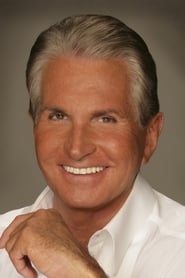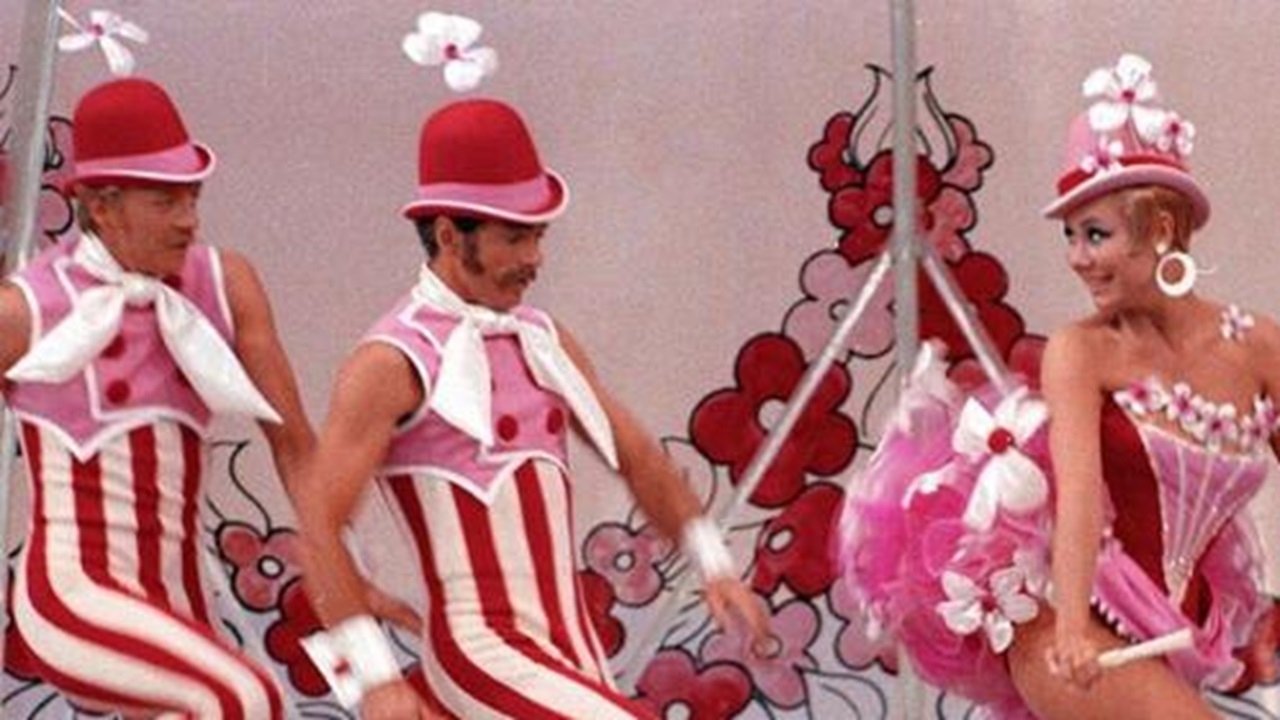
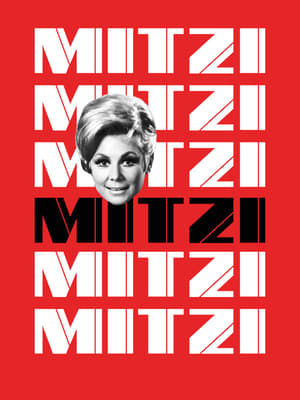
Mitzi(1968)
Mitzi Gaynor welcomes guests George Hamilton & Phil Harris (The Jungle Book) for a sparkling hour of music, comedy and dance. Songs performed include "Everybody Loves My Baby," "Gentle on My Mind," "Pretty," and "Love Is Blue." Mitzi & George parody classic movies on the late-late show, George playing Cary Grant to Mitzi's Rosalind Russell, Rock Hudson to her Doris Day, and Glenn Ford to her Rita Hayworth.

Movie: Mitzi

Mitzi
HomePage
Overview
Mitzi Gaynor welcomes guests George Hamilton & Phil Harris (The Jungle Book) for a sparkling hour of music, comedy and dance. Songs performed include "Everybody Loves My Baby," "Gentle on My Mind," "Pretty," and "Love Is Blue." Mitzi & George parody classic movies on the late-late show, George playing Cary Grant to Mitzi's Rosalind Russell, Rock Hudson to her Doris Day, and Glenn Ford to her Rita Hayworth.
Release Date
1968-10-14
Average
0
Rating:
0.0 startsTagline
Genres
Languages:
EnglishKeywords
Similar Movies
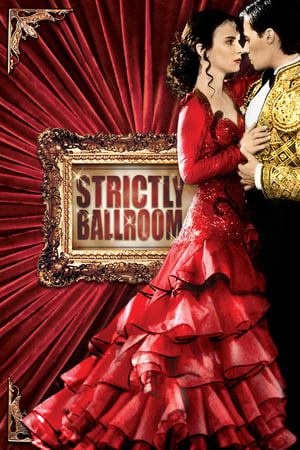 6.6
6.6Strictly Ballroom(en)
Brave new steps put Scott's career in jeopardy. With a new partner and determination, can he still succeed?
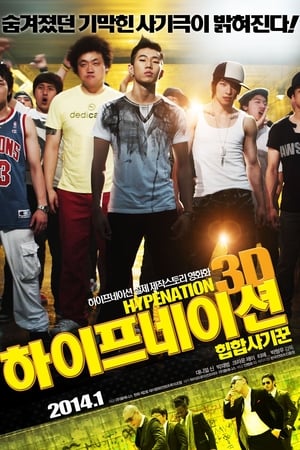 5.7
5.7Hype Nation 3D(ko)
Ryan and Kevin and their crew from Los Angeles are hired by U.S. Interpol to be matched up against the notorious Gambler Crew from South Korea, known to the b-boy world as the best of the best. Their mission is to gather information about Tony Kai, an "ex yakuza" member who controls the Asian underworld in the United States. Tony Kai is in South Korea planning a worldwide monopoly on drugs, sex, and gambling. Ryan and Kevin struggle as they go deeper into the Asian underworld. Ryan falls for a beautiful Korean girl named Esther who happens to be the sister of "Kicker", the leader of the mafia-run Gamblers crew. Their love is put to the test as the rivalry between the two crews escalate. As reality sets in, the crew from LA is no match against the world champion Gamblers crew in the Mach 1 competition. Ryan, Kevin and the crew go into hiding where they meet an underground b-boy legend...
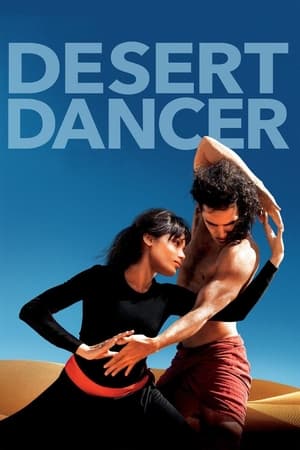 6.9
6.9Desert Dancer(en)
Inspirational true story of Iranian dancer Afshin Ghaffarian, who risked his life for his dream to become a dancer despite a nationwide dancing ban.
 7.1
7.1Jesus Christ Superstar(en)
As played out by a theatre troupe, the last days of Jesus Christ are depicted from the perspective of Judas Iscariot, his betrayer. As Jesus' following increases, Judas begins to worry that Jesus is falling for his own hype, forgetting the principles of his teachings and growing too close to the prostitute Mary Magdalene.
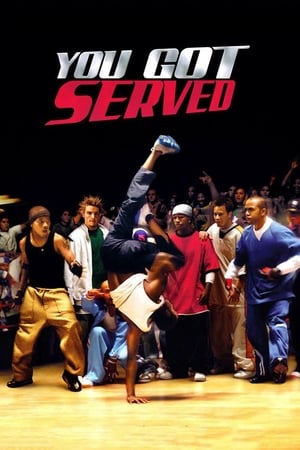 6.4
6.4You Got Served(en)
At Mr. Rad's Warehouse, the best hip-hop crews in Los Angeles compete for money and respect. But when a suburban crew crashes the party, stealing their dancers — and their moves — two warring friends have to pull together to represent the street.
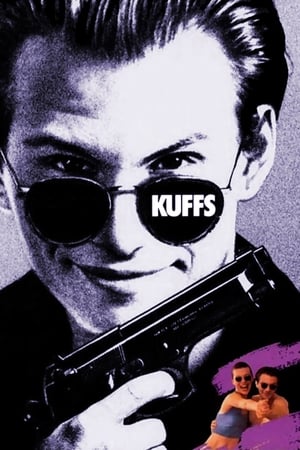 5.8
5.8Kuffs(en)
George Kuffs didn't finish high-school, just lost his job, and his college-age girlfriend is pregnant. To top it off, George's brother Brad is killed and George inherits Brad's "patrol special" privatized police district and all the problems that come with it.
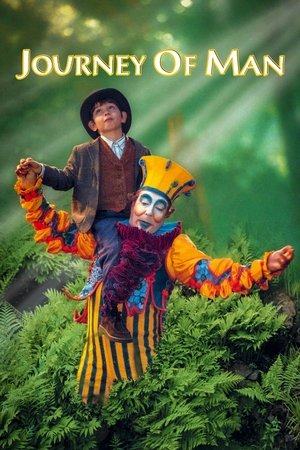 7.1
7.1Cirque du Soleil: Journey of Man(en)
A child is born. We see underwater swimmers representing this. He is young, in a jungle setting, with two fanciful "instincts" guiding him as swooping bird-like acrobats initially menace, then delight. As an adolescent, he enters a desert, where a man spins a large cube of metal tubing. He leaves his instinct-guides behind, and enters a garden where two statues dance in a pond. As he watches their sensual acrobatics of love, he becomes a man. He is offered wealth (represented by a golden hat) by a devil figure. In a richly decorated room, a scruffy troupe of a dozen acrobats and a little girl reawaken the old man's youthful nature and love.
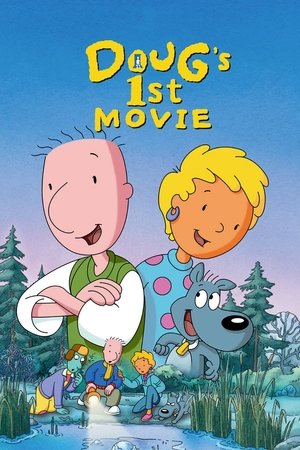 5.5
5.5Doug's 1st Movie(en)
Doug and his pal Skeeter set's out to find the monster of Lucky Duck Lake. Though things get really out of hand when some one blurts out that the monster is real.
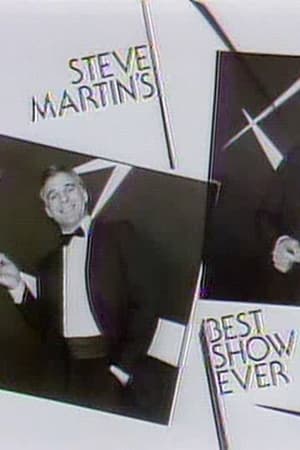 6.7
6.7Steve Martin's Best Show Ever(en)
Steve Martin's fourth NBC special was in the spirit of his previous association with Saturday Night Live. It was broadcast live from Studio 8H, produced by Lorne Michaels and featured some original cast members of the show.
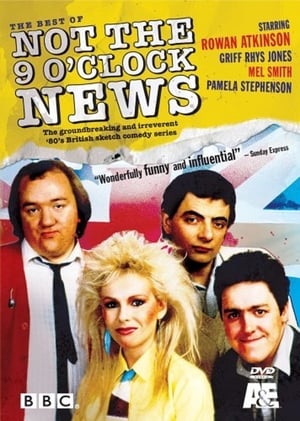 6.5
6.5The Best of Not The Nine O'Clock News Volume One(en)
Attention, comedy fans: NOT THE NINE O'CLOCK NEWS is the real thing. This is scathing, no-holds-barred Brit humor at its best. Rapid-fire skits starring Rowan Atkinson (Mr. Bean) are as politically incorrect as they are side-bustingly funny, sparing no one as they take on the British Royal Family, Margaret Thatcher, Scotland Yard, country music, Christianity, devil worship, punk rock and bathroom etiquette. NOT THE NINE O'CLOCK NEWS is so irreverent that when the pilot was due to air in April 1979, the BBC cancelled it due to its incendiary political content. When at last it aired, the greatest comedy group to hit England since Monty Python's Flying Circus stormed the airwaves and revolutionized British and American television alike. Discover the show that set the standard for the anarchic cynicism that defined the alternative comedy of the 80's.
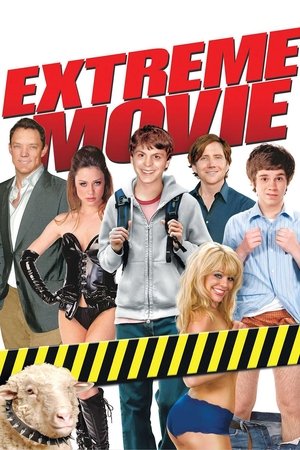 4.4
4.4Extreme Movie(en)
A sketch comedy movie about the joys and embarrassments of teen sex. But mostly the embarrassments.
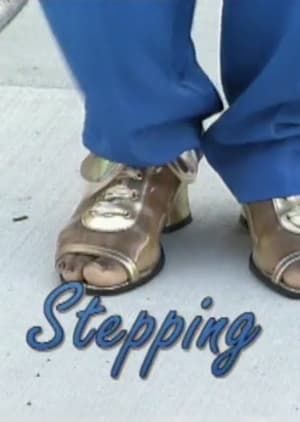 0.0
0.0Stepping(en)
Stepping is a dance form that can be found across the country at virtually every college with a substantial African American enrollment. Stepping is performed informally during parties as well as more formally during organized step shows. This film explores this tradition, its historical roots as well as its contemporary forms, styles and uses, to understand how students construct various levels of identity through this dance form…African American identity, fraternity or sorority identity, gendered identity and personal identity. The film goes behind the scenes with the Alpha Phi Alphas as they prepare for a step show that is only a few hours away. Cutting between this show and interviews with current and past steppers as well as footage from previous shows, the film provides a broad picture of this vibrant and dynamic dance form.
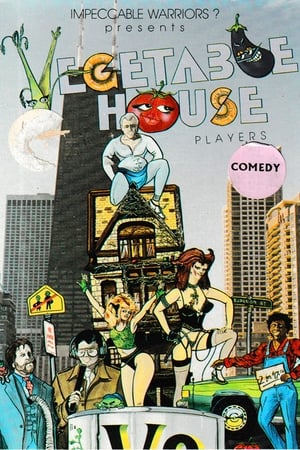 0.0
0.0Vegetable House(en)
Vegetable House is no garden variety comedy. When actor/writers Joe Doyle, Ron Dean (Code of Silence), and Aaron Freeman (America's Political Satirist) team up, nothing is sacred. The Vegetable House players include some Chicago's brightest comedy stars drawn largely from the famed "Second City" comedy troupe. At Vegetable House, Brussels sprouts shiver in their sheets while above lurks the menace of the Vegomatic. Suburban housewives submit to weekly games of bondage bridge. Meet Tokai Lokoto, the 3rd World's funniest man, and Gordon, whose nailbiting has gotten out of hand. Follow the adventures of "Kaa Kaa of the City" who was abandoned at birth and raised by pigeons in Grant Park. And the Veggie Video, don't forget the Veggie Video. Hot Pop. Hot Veggies. Hot Video.
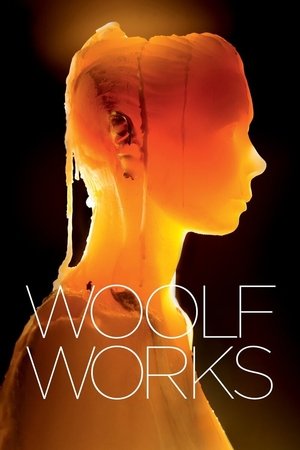 2.0
2.0Woolf Works(en)
The first revival of Wayne McGregor’s critically acclaimed ballet triptych to music by Max Richter, inspired by the works of Virginia Woolf.
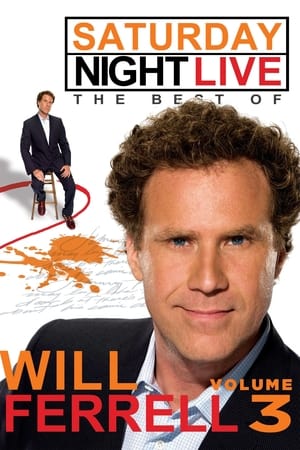 9.0
9.0Saturday Night Live: The Best of Will Ferrell - Volume 3(en)
The third volume of clips featuring Will Ferrell.
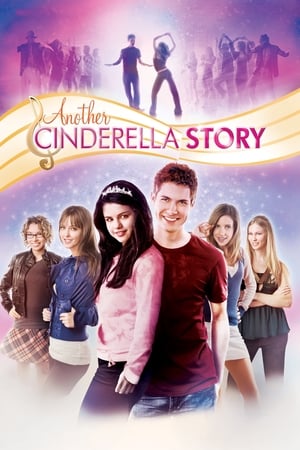 7.1
7.1Another Cinderella Story(en)
A guy who danced with what could be the girl of his dreams at a costume ball only has one hint at her identity: the Zune she left behind as she rushed home in order to make her curfew. And with a once-in-a-lifetime opportunity in front of him, he sets out to find his masked beauty.
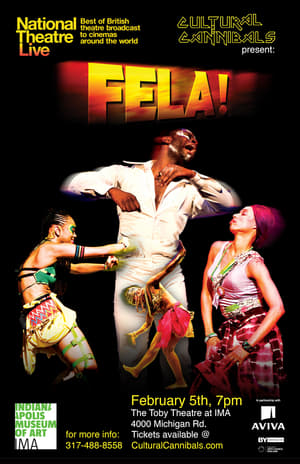 0.0
0.0National Theatre Live: Fela!(en)
A provocative and wholly unique hybrid of dance, theatre and music, FELA! explores the world of Afrobeat legend Fela Anikulapo-Kuti. Winner of three 2010 Tony Awards including Best Choreography (Bill T. Jones). Featuring many of Fela Kuti’s most captivating songs and Bill T. Jones’ visionary staging, FELA! – an original new creation – comes via Broadway to London and the National Theatre. FELA! explores the extravagant, decadent and rebellious world of Fela Anikulapo-Kuti. Using his pioneering music (a blend of jazz, funk and African rhythm and harmonies), FELA! reveals Kuti’s controversial life as an artist and political activist.
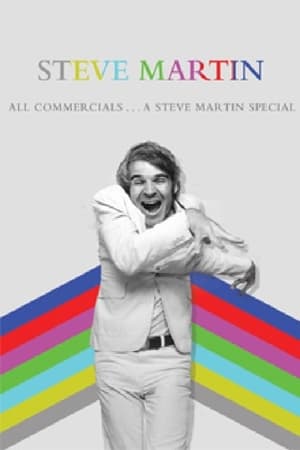 6.0
6.0All Commercials... A Steve Martin Special(en)
Steve Martin's third NBC special serves as a salute to 1970s television commercials. Taking shots at everything from "Suzy Chapstick" to Palmolive to advertising agencies, this special showcased Martin's genius for physical comedy.
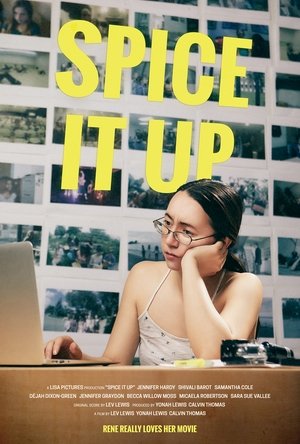 6.0
6.0Spice It Up(en)
A film student at Ryerson University struggles to complete her thesis project.
The TV Wheel(en)
A pilot for a sketch comedy show. A single stationary camera was mounted inside the center of a large rotating platform. As the platform rotated around the camera, a scene would come into view of the camera. The wheel would stop and a sketch would play out in the scene, which was often framed by some piece of appropriate artwork or prop (for the purposes of forced perspective). At the end of the scene, the wheel would rotate, carrying one scene out of the camera's view and bringing another in, and a new sketch would begin in the new scene. Some scenes were self-contained on the platform, while others were open to the studio beyond the platform (and additional action would take place in the background).

